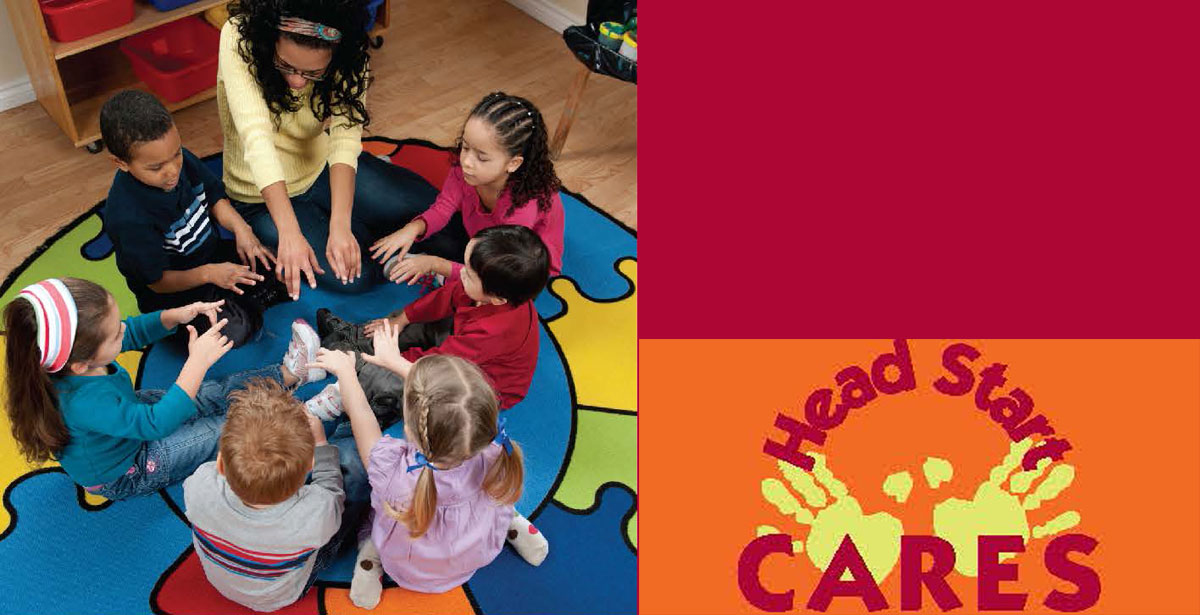Impacts of Social-Emotional Curricula on Three-Year-Olds
Exploratory Findings from the Head Start CARES Demonstration

Preschool has long been viewed as a way to promote low-income children’s early learning and development. Some promising classroom-based strategies have been found to enhance preschool children’s social, emotional, and behavioral competencies. Most of this research has focused on 4-year-olds, even as a growing number of 3-year-olds attend Head Start and other preschool programs.
This report presents exploratory impact findings for 3-year-olds from the Head Start CARES demonstration, a large-scale randomized controlled trial implemented in Head Start centers for one academic year across the country. The goal was to test the effects of three distinct classroom-based program “enhancements” for improving children’s social-emotional competencies. The Incredible Years Teacher Training Program supports children’s ability to regulate their behavior by helping teachers maintain an organized classroom. Preschool PATHS uses structured lessons to help children learn about emotions and gain social problem-solving skills. Tools of the Mind—Play, a one-year program adapted from the original two-year Tools of the Mind program, promotes children’s self-regulatory skills through structured make-believe play.
Head Start centers were randomly assigned to receive one of the enhancements or to a control group that did not receive any of them. The study was designed primarily to test the effects of the enhancements on 4-year-olds, but it also provides an opportunity to explore their impacts on a limited number of outcomes for 3-year-olds who were in the classrooms that included both 3- and 4-year-olds.
Key Findings
The analysis tested whether the social-emotional enhancements as a group improved 3-year-olds’ social and emotional competencies, as well as the impacts of each enhancement separately, based on their distinct theories of change.
- As a group, the enhancements improved teachers’ social-emotional instruction and improved teacher reports of 3-year-olds’ social behaviors and closeness with their teachers. However, they had no effect on other aspects of teacher practice, classroom climate, or children’s behavior problems, interpersonal skills, or learning behaviors.
- The positive impacts of the enhancements as a group seem to be driven primarily by The Incredible Years. When considered separately, The Incredible Years improved teacher reports of 3-year-olds’ social behaviors and closeness with their teachers, though it did not produce the expected impacts on teachers’ use of classroom management practices or on classroom climate.
- As a group, the enhancements did not affect 3-year-olds’ pre-academic skills, as reported by teachers. The Incredible Years improved teacher reports of 3-year-olds’ general knowledge, language and literacy, and mathematical thinking skills. However, the findings are uncertain because The Incredible Years also improved 4-year-olds’ pre-academic skills as reported by teachers, but not as measured by direct assessments.
These findings suggest that evidence-based approaches can improve 3-year-olds’ social-emotional competence in mixed-age preschool classrooms. While the findings are promising, further research is needed to confirm the results and to better understand how these benefits are generated.







